The terrorist’s mindset
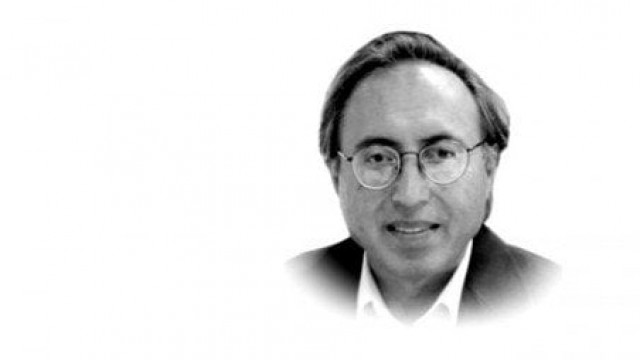
Let us begin with the latest catch, Faisal Shahzad, the accused in the failed car bomb attack in the Times Square, New York. He doesn’t fit the typical profile of a terrorist that most Pakistani media experts generally discuss. He belongs to a rather privileged social and economic background and received his education in the United States and worked in that country for several years.It is the same profile of scores of terrorists convicted or facing trials in Britain and some other European countries. The social and professional background of 9/11 bombers is no different; they all came from a middle-class social background, were mostly well-educated, had been in decent professions and had lived a good part of their lives in the West.
How can we then understand and explain their mindset? First, we must change the lenses through which we examine terrorism. And when we do that, we will see a very different but equally disturbing picture. It is not religion but ideology that is motivating some young Muslims both in our part of the world and in the west to undertake the deadly missions such as the one Faisal Shahzad allegedly planned.
Religion, or for that matter, militarist nationalisms have shaped terror mind; that is not in dispute. What is in dispute is the assertion that it is always religion, and in our case, it is Islam that has put these young Muslim men on the terror road. Compared to religion, Islam or any other, ideology is shaped by political worldview and by a deep desire to change it what that ideology interprets as wrong. Therefore, it is essentially the political worldview influenced by sense of grievances, humiliation, failure and injustice that is at the root of modern day terrorism from the Tamil Tigers to the Taliban. It is not for the first time that we have seen linkage between frustration and anger producing aggressive attitude. This is a welldiscussed theme in the literature on conflicts.
What is truly puzzling for many Pakistanis and others in the West is how and why relatively successful, highly educated professionals with a vast variety of opportunities and prospects for success have embraced terrorism. The answer may not be so simple to their internal transmutation though. One possibility are their political ideas of injustices against Muslims and their reading of history of colonisation and post-colonial manipulations as essentially imperialistic and dehumanising has made them think of changing an unjust world.


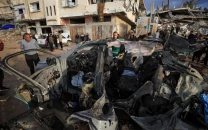
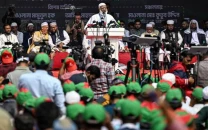

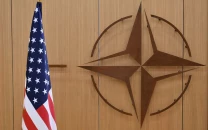
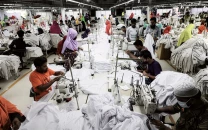












COMMENTS
Comments are moderated and generally will be posted if they are on-topic and not abusive.
For more information, please see our Comments FAQ